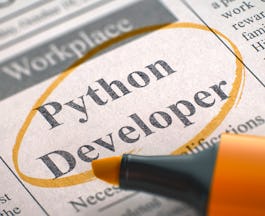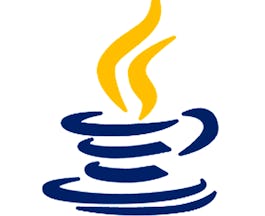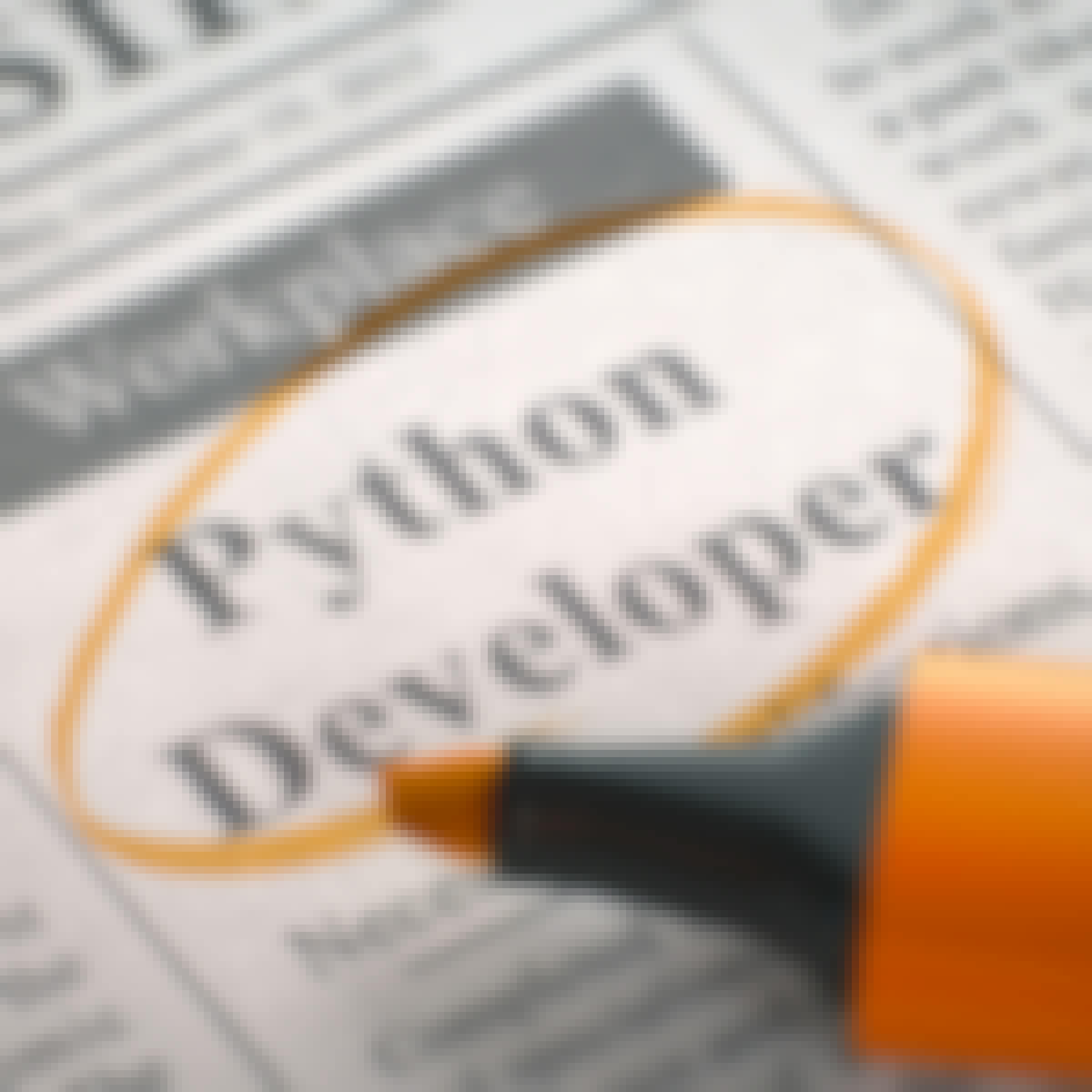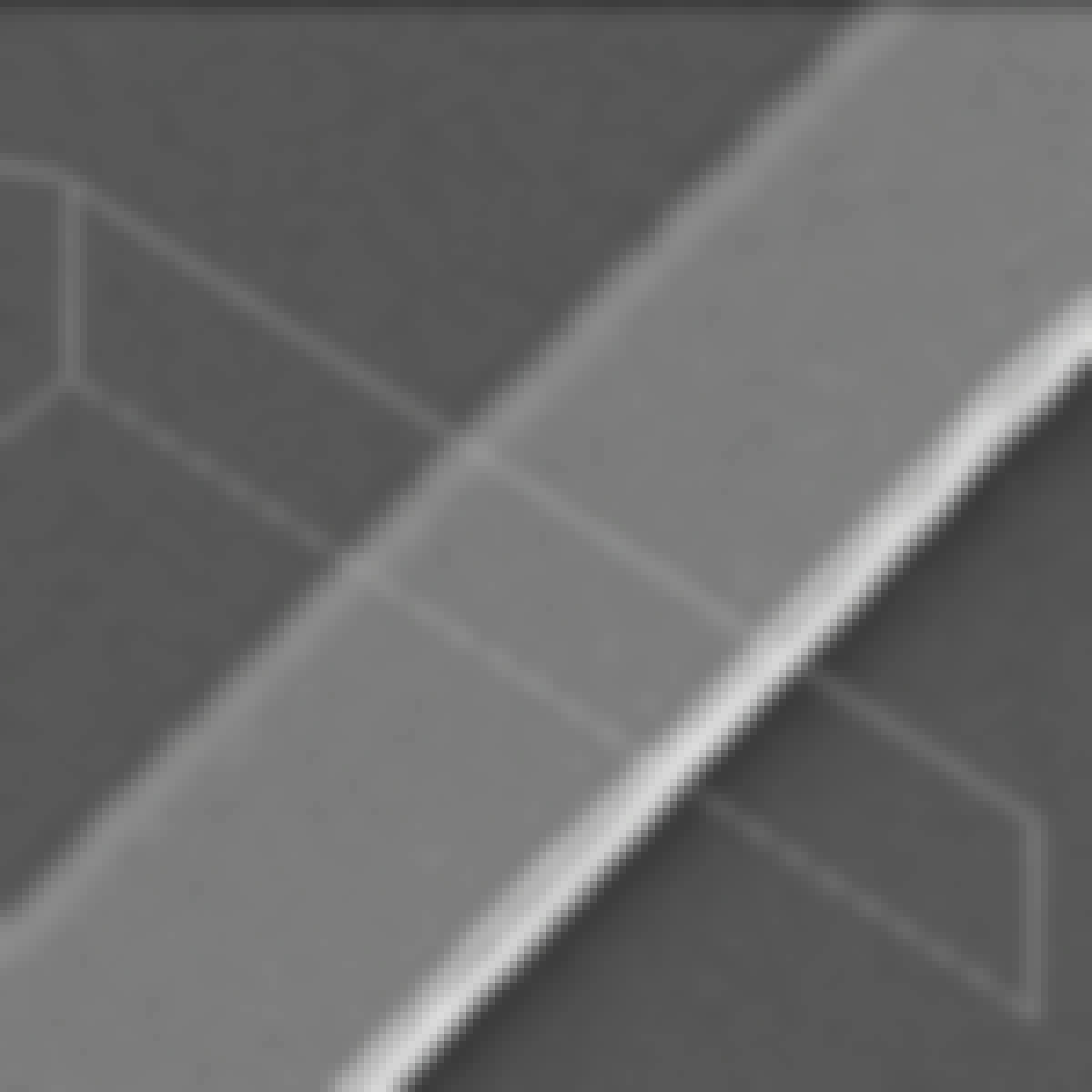Filter by
The language used throughout the course, in both instruction and assessments.
Results for "chi-squared+(chi-2)+distribution"

Rice University
Skills you'll gain: Computer Programming, Data Analysis, Data Structures, Programming Principles, Python Programming

University of Colorado Boulder
Skills you'll gain: Entrepreneurship

Skills you'll gain: Computer Programming, Java Programming, Programming Principles, Application Development, Data Structures, Mathematical Theory & Analysis, Problem Solving, Software Engineering, Software Engineering Tools, Mobile Development Tools
 Status: Free
Status: FreeThe Hong Kong University of Science and Technology
Skills you'll gain: Finance, Financial Analysis, Market Analysis, Banking, Strategy

Coursera Project Network
Skills you'll gain: Business Communication, Search Engine Optimization

Skills you'll gain: Information Technology, Risk Management

Skills you'll gain: Network Security, Networking Hardware, Databases, SQL

University of California San Diego
Skills you'll gain: Internet Of Things

Rice University
Skills you'll gain: Computer Programming, Computer Programming Tools, Problem Solving, Programming Principles, Python Programming, Computational Logic, Computational Thinking, Data Analysis, Data Structures

University of Colorado Boulder

Fractal Analytics
Skills you'll gain: Critical Thinking, Problem Solving

The University of Sydney
In summary, here are 10 of our most popular chi-squared+(chi-2)+distribution courses
- Python Data Analysis: Rice University
- The Business, Politics, Policy, & Players of Space Programs: University of Colorado Boulder
- Introduction to Object-Oriented Programming with Java: LearnQuest
- Monetary Policy in the Asia Pacific: The Hong Kong University of Science and Technology
- 5 Ways to Build a Better LinkedIn Profile: Coursera Project Network
- ISC2 Healthcare Certificate: ISC2
- Computer Networks and Network Security: IBM
- Internet of Things: Multimedia Technologies: University of California San Diego
- Python Data Representations: Rice University
- Nanophotonics and Detectors: University of Colorado Boulder










